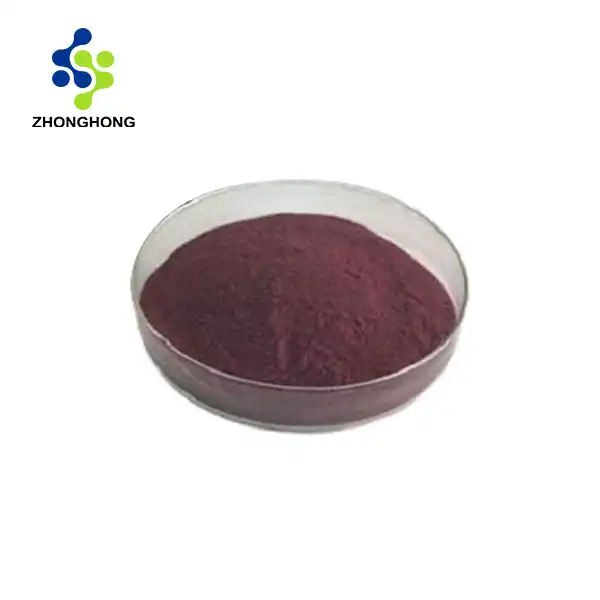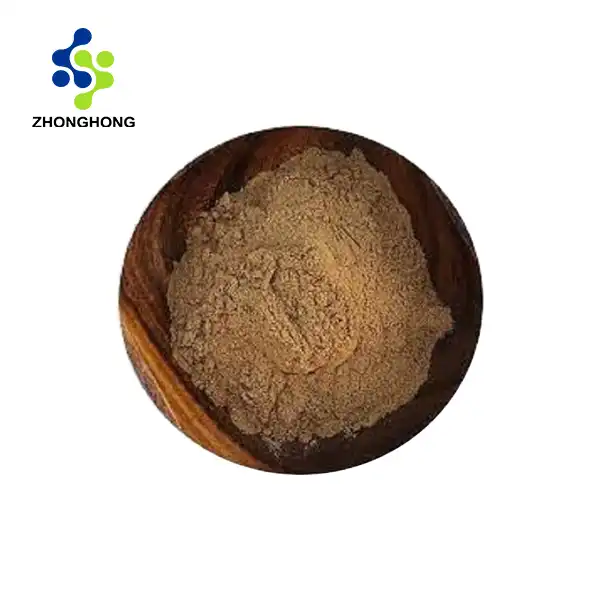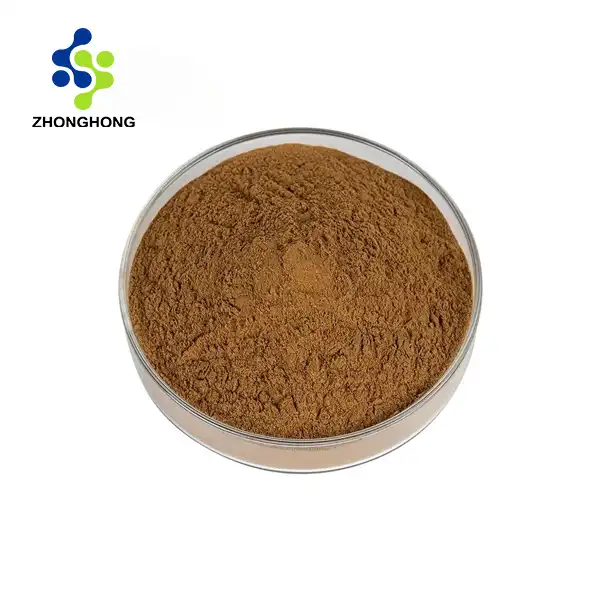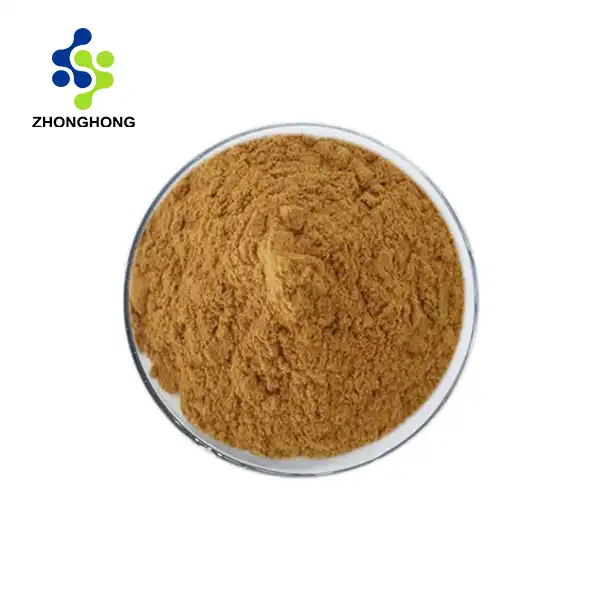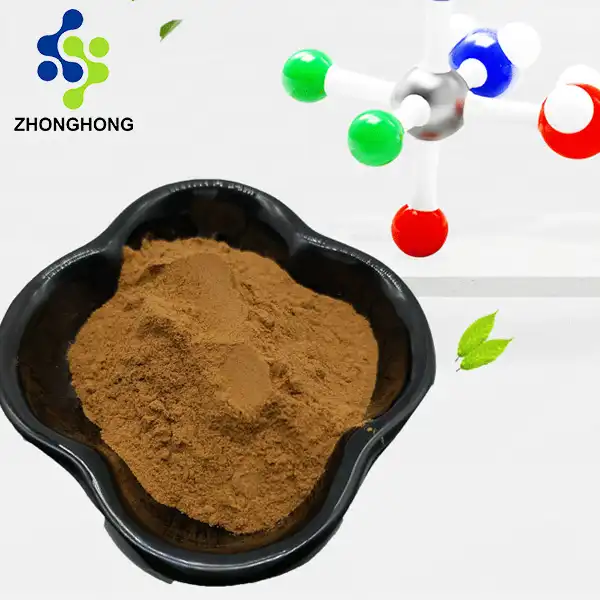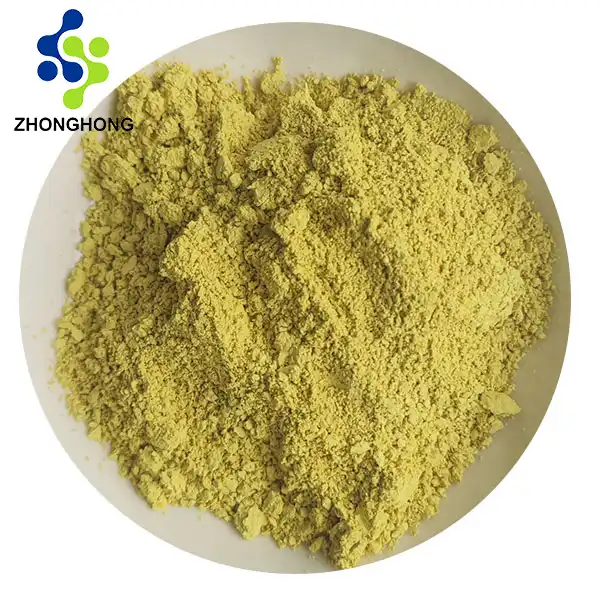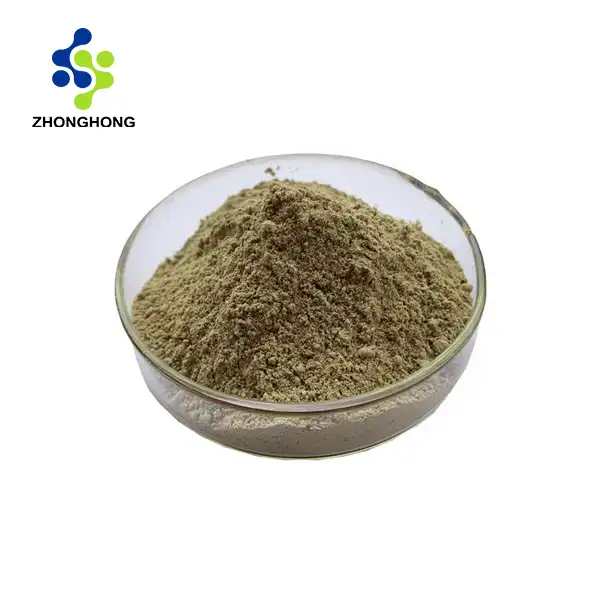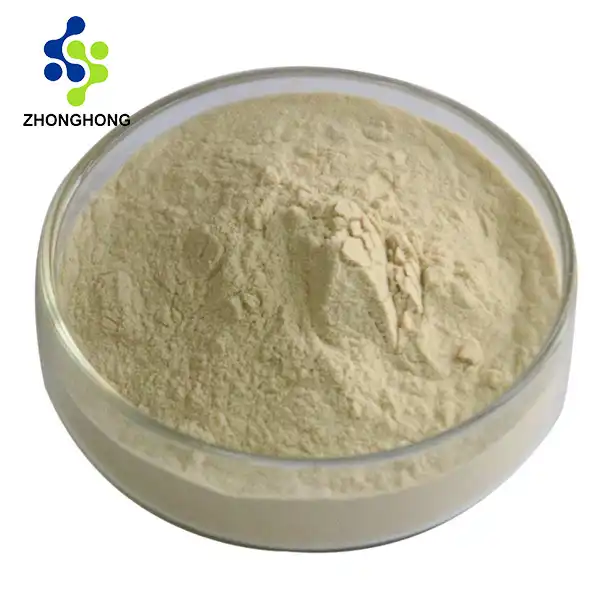Can Milk Thistle Help Boost Your Metabolism?
The Science Behind Milk Thistle's Metabolic Effects
Milk thistle, scientifically known as Silybum marianum, contains a compound called silymarin, which is believed to be the primary active ingredient responsible for its potential health benefits. Some studies suggest that silymarin may influence metabolic processes in the body, potentially contributing to weight management. Research has shown that milk thistle extract may help regulate blood sugar levels, which can indirectly affect metabolism and energy utilization.
Milk Thistle and Insulin Sensitivity
One of the ways milk thistle might impact metabolism is through its potential effects on insulin sensitivity. Improved insulin sensitivity can lead to better glucose uptake by cells, potentially reducing fat storage and promoting more efficient energy utilization. A study published in the Journal of Medicinal Food found that milk thistle extract improved insulin resistance in participants with type 2 diabetes, suggesting a possible link between milk thistle consumption and metabolic health.
Antioxidant Properties and Cellular Energy
Milk thistle's potent antioxidant properties may also play a role in supporting metabolic function. By protecting cells from oxidative stress, milk thistle could potentially enhance mitochondrial function, the powerhouses of our cells responsible for energy production. This improved cellular energy efficiency might contribute to a more active metabolism, although more research is needed to confirm this connection definitively.
How Milk Thistle Supports Fat Detoxification?
Liver Health and Fat Metabolism
The liver plays a crucial role in fat metabolism and detoxification. Milk thistle's reputation as a liver-supporting herb makes it an intriguing candidate for enhancing fat detoxification processes. The silymarin in milk thistle has been shown to protect liver cells from damage and may help improve liver function. A healthier liver is better equipped to process fats and eliminate toxins, potentially supporting weight loss efforts.
Bile Production and Fat Digestion
Milk thistle may also support fat detoxification by promoting healthy bile production. Bile is essential for the breakdown and absorption of dietary fats. By supporting optimal bile flow, milk thistle could potentially enhance the body's ability to process fats more efficiently. This improved fat digestion may lead to better overall metabolic function and support weight management goals.
Antioxidant Support for Detoxification Pathways
The detoxification process in the body involves complex enzymatic pathways that can produce harmful free radicals as byproducts. Milk thistle's powerful antioxidant properties may help neutralize these free radicals, supporting the body's natural detoxification mechanisms. By reducing oxidative stress during detoxification, milk thistle could potentially enhance the efficiency of fat metabolism and elimination.
Incorporating Milk Thistle Into Your Diet Plan
Choosing the Right Milk Thistle Supplement
When considering adding milk thistle to your diet plan, it's essential to choose a high-quality supplement. Look for products that contain standardized milk thistle extract with a guaranteed percentage of silymarin. Organic options, like our Organic Milk Thistle Extract, ensure you're getting a pure and potent form of the herb. Always consult with a healthcare professional before starting any new supplement regimen, especially if you have pre-existing health conditions or are taking medications.
Optimal Dosage and Timing
The appropriate dosage of milk thistle can vary depending on individual factors and the specific product used. Generally, studies have used doses ranging from 150 to 800 mg of milk thistle extract per day, divided into multiple doses. Some experts suggest taking milk thistle with meals to enhance absorption. However, it's crucial to follow the recommended dosage on the product label or consult with a healthcare provider for personalized advice.
Complementary Lifestyle Factors
While milk thistle may offer potential benefits for weight management, it's not a magic solution. Incorporating milk thistle into your diet plan should be part of a holistic approach to health and weight loss. This includes maintaining a balanced diet rich in whole foods, engaging in regular physical activity, staying hydrated, and managing stress levels. These lifestyle factors work synergistically with supplements like milk thistle to support overall health and weight management goals.
Conclusion
Milk thistle shows promise in supporting weight loss efforts through its potential effects on metabolism, fat detoxification, and liver health. While more research is needed to fully understand its impact, incorporating milk thistle into a comprehensive weight management plan may offer additional support for those seeking to achieve their health goals. If you want to get more information about this product, you can contact us at liaodaohai@gmail.com.
_1728976869676.webp)
